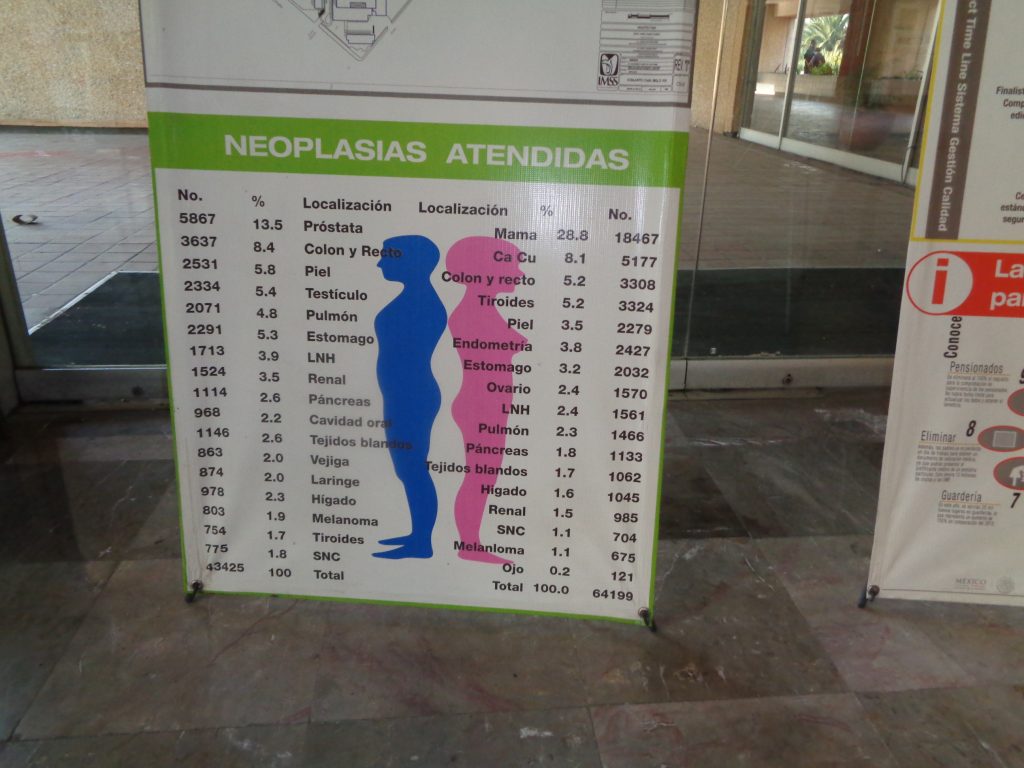
A group of cancer researchers in Mexico has lost their third paper over concerns about the integrity of their data.
Neither the new retraction, in the journal Hematology, nor the previous two, cite misconduct as the reason for the removals. However, the statements do refer to lack of reliability of results, “ambiguities and inconsistencies” in the findings and other serious issues.
The first author on each paper is Agustin Avilés, whom the Hematology article listed as being with the National Medical Center in Mexico City.
According to the retraction notice:
Continue reading Cancer specialists in Mexico earn third retraction following questions about their data






